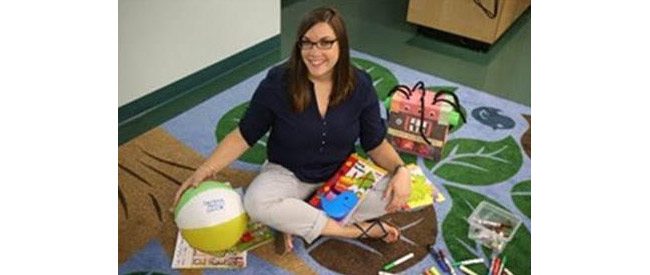
Daytona State’s College of Education has teamed with the University of Central Florida to develop new strategies for teaching and learning in an inclusive classroom setting, where students with and without disabilities learn together.
DSC will act as an incubator of sorts, developing and testing universal, multi-modality practices that future teachers in the college’s Bachelor of Science in Education programs can incorporate into their syllabi and classroom environment.
The partnership is funded through a Florida Department of Education CEEDAR (Collaboration for Effective Educator Development, Accountability and Reform) grant of just over $14,000.
Five DSC education faculty will participate in the yearlong effort: Drs. Joy Lewis, Margie Hensler, Ana Blaine, Donald May and Maryann Gromoll, who is the project director.
“We are honored that UCF has chosen to work with us to be among the first institutions to serve as a model for these preferred strategies,” said Gromoll.
The DSC-UCF project will focus primarily on developing best practices for future K-5 teachers and will be introduced to College of Education students enrolled in reading courses and internships.
Studies show that inclusion is beneficial for all students—not just those who receive special education services. An inclusive classroom is essentially the opposite of a special education classroom, where students with disabilities learn only with other students with disabilities. In the inclusive classroom, a co-teaching model of teaching and learning is often adopted, with one teacher certified in general education and one certified in special education.
The inclusive classroom adheres to the principle that students learn differently. One key teaching strategy is to break students into small groups so teaching can be tailored to the way each student learns best, a strategy known as differentiated instruction.
Gromoll said results of the partnership can serve as a model for educators across Florida.





























Leave a Reply